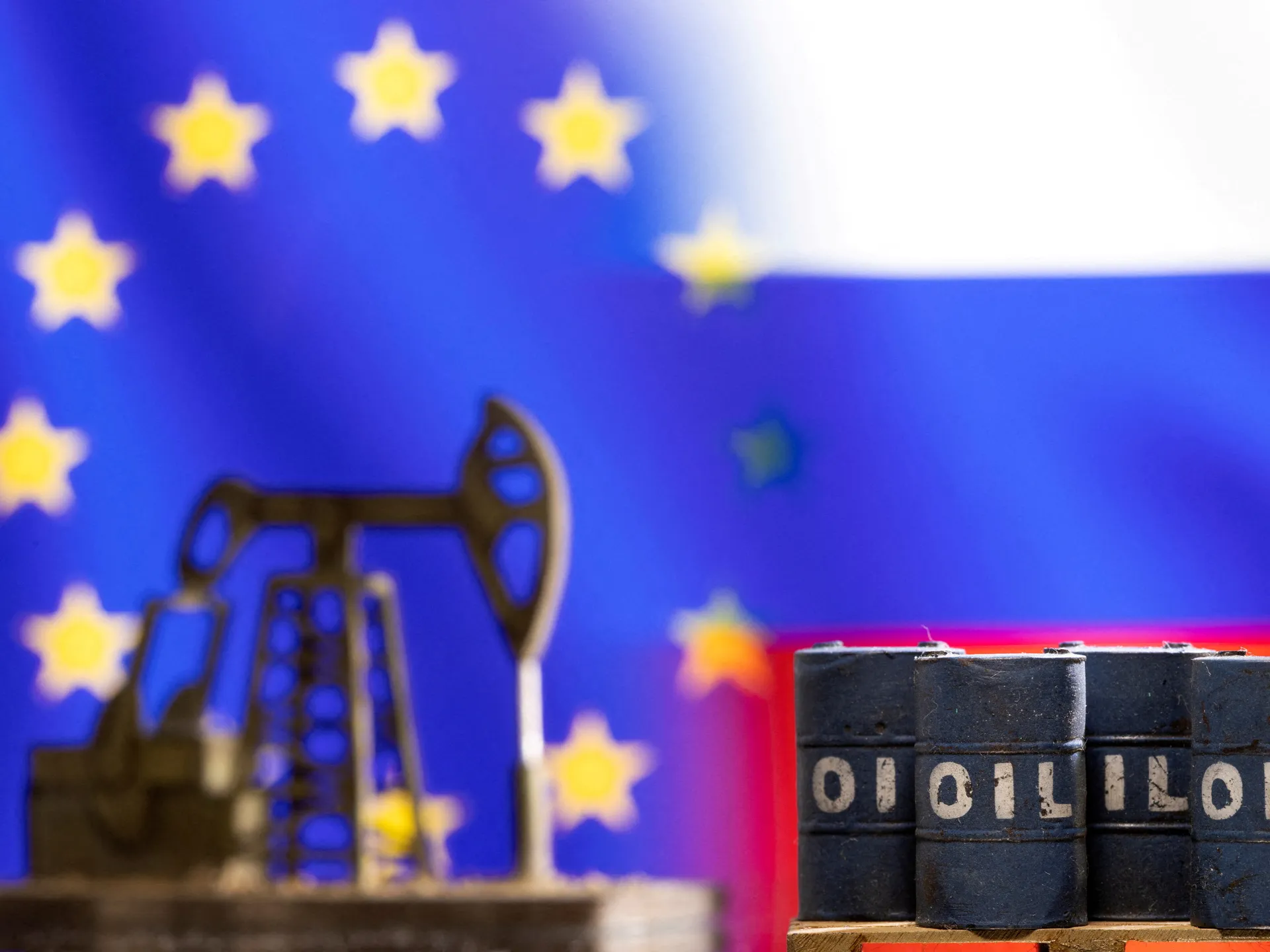In a landmark decision signaling a new era of energy independence, the European Union has formally agreed to phase out all Russian oil and gas imports by January 1, 2028. The move represents one of the bloc’s most significant geopolitical and economic shifts in recent decades—an effort to reduce reliance on Moscow and secure Europe’s long-term energy future.
The agreement, reached after months of negotiation among member states, underscores Europe’s determination to recalibrate its energy policy in response to years of volatility and political tension following Russia’s invasion of Ukraine. EU leaders described the move as a step toward “strategic sovereignty,” balancing environmental commitments with security imperatives.
Under the plan, European nations will accelerate investments in renewable energy, expand liquefied natural gas (LNG) infrastructure, and strengthen interconnections between national power grids. The European Commission also pledged to provide financial support for countries most dependent on Russian energy, ensuring a gradual and coordinated transition.
European Commission President Ursula von der Leyen hailed the decision as “a defining moment for Europe’s unity and resilience.” She noted that the phaseout would not only curb Russia’s leverage over Europe’s energy supply but also align with the continent’s climate neutrality goals.
The shift will have far-reaching implications for global markets. Analysts predict that Russia will seek new buyers in Asia, particularly China and India, while Europe diversifies its partnerships with producers in Norway, the United States, and the Middle East.
Though the transition poses economic challenges—including potential price fluctuations and short-term supply strains—EU officials insist the cost of dependency is far greater. By 2028, Europe aims to be powered not by geopolitics, but by sustainability and self-reliance.
The phaseout marks more than an energy decision—it is a declaration of strategic independence. Europe is charting its own course, determined that its future energy security will no longer be held hostage to the politics of the past.
